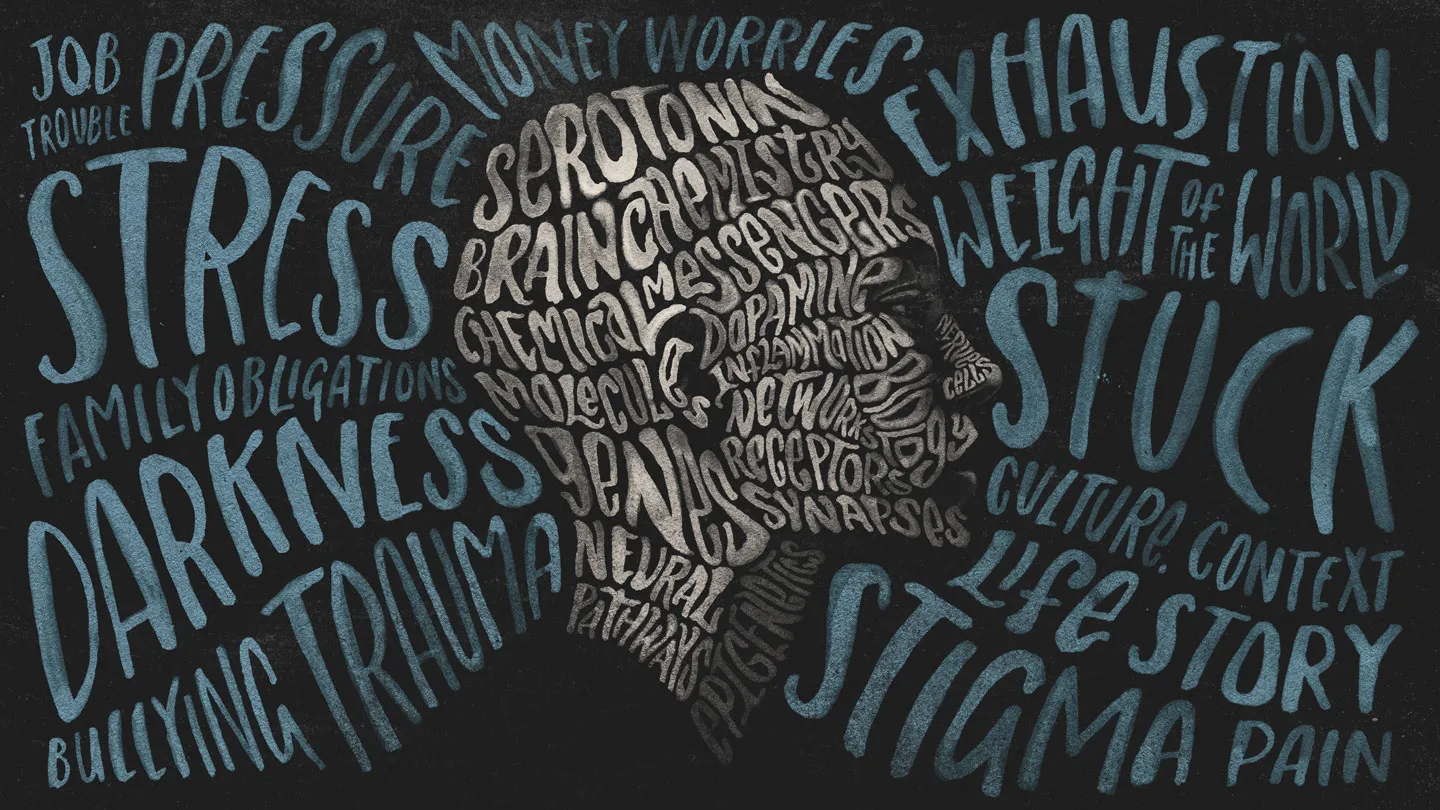Social depression, a mental health condition not yet officially recognized as a standalone diagnosis, refers to a state of persistent sadness, emptiness, and loneliness resulting from prolonged feelings of disconnection and alienation from social interactions. With a growing reliance on digital platforms and social media, coupled with various societal changes, this condition is becoming more prevalent. Understanding the causes and signs of social depression is crucial for identifying and addressing the issue effectively. In this article, we will explore social depression and provide strategies to overcome it.
Causes of Social Depression:
- Modern Lifestyle: Rapid urbanization, an increase in remote work, and an emphasis on productivity and individual success have contributed to a decline in traditional face-to-face social interactions, leading to feelings of isolation. People may find it harder to form and maintain social connections due to hectic schedules and the physical distance between individuals. (Source: Pew Research Center, 2019)
- Social Media Impact: While social media can help people stay connected, it can also lead to feelings of comparison, fear of missing out (FOMO), cyberbullying, and an inability to truly disconnect. Many individuals experience negative emotions when they compare their lives to the carefully curated images and experiences, they see on social media platforms. (Source: Al Mutawa, 2021)
- Changing Societal Dynamics: Shifts in family structures, reduced community engagement, and busy schedules have resulted in fewer opportunities for meaningful social connections. Families are becoming more fragmented, with individuals relying on social media for communication rather than engaging in face-to-face interactions with family members. Communities may also feel less tight-knit, making it harder for individuals to establish a sense of belonging and support. (Source: University of Chicago, 2015)
Signs of Social Depression:
- Persistent feelings of loneliness and disconnection, even when surrounded by others. Individuals may feel a profound sense of isolation that is difficult to shake off, leading to a deep sadness and longing for meaningful connection.
- Decreased interest in social activities and withdrawal from social interactions. Hobbies, events, or gatherings that were once enjoyed may start to feel burdensome or uninteresting. Individuals may find themselves frequently canceling plans or making excuses to avoid social situations.
- Increased reliance on technology to fulfill social needs. With less face-to-face interaction, individuals may seek solace in online communities or spend excessive amounts of time on social media platforms to compensate for the lack of real-life social connections.
- Feeling misunderstood or rejected by others. Individuals with social depression may feel that others do not understand or appreciate them, leading to a sense of unworthiness and a fear of being judged.
- Negative self-perception, low self-esteem, and pessimistic thinking. Social depression can erode an individual’s self-perception, leading to a negative view of oneself and the world. Self-doubt, self-criticism, and a constant fear of rejection can result in a downward spiral of negative emotions.
- Fatigue, lack of motivation, and difficulty concentrating. Social depression can drain an individual’s energy and affect their ability to focus and engage in daily activities, leading to decreased productivity and an overall sense of frustration.
Strategies to Overcome Social Depression:
- Seek Supportive Relationships: Build a network of supportive and empathetic individuals who can provide social connections and a sense of belonging. Engage in activities or join groups that align with personal interests, values, or hobbies to widen the opportunity for meaningful connections. (Source: Barefoot, 2018)
- Limit Social Media Usage: Establish boundaries and set specific times to engage with social media to avoid falling into the trap of constant comparison or FOMO. Prioritize face-to-face interactions over virtual connections. Connect with others in real life to foster genuine relationships. (Source: Huffington Post, 2021)
- Engage in Meaningful Activities: Pursue hobbies, join clubs or organizations with shared interests, and volunteer in the community to foster social connections and a sense of purpose. Engaging in activities aligned with personal values and interests can enhance feelings of belonging and satisfaction. (Source: Mayo Clinic, 2019)
- Practice Mindfulness and Self-Compassion: Engage in activities that promote mindfulness such as meditation or yoga to reduce stress and increase self-awareness. Cultivate self-compassion and challenge negative self-talk through affirmations and gratitude practices. Develop a positive and accepting attitude towards oneself. (Source: University of California, 2011)
- Seek Professional Help: If symptoms persist or worsen, it is essential to consult a mental health professional who can provide guidance and support through therapy or medication if necessary. A qualified therapist can help identify underlying factors contributing to social depression and provide effective treatment strategies. (Source: US National Institute of Mental Health, 2021)
Conclusion:
Social depression is a serious mental health issue that can greatly impact an individual’s overall well-being. By understanding its causes and recognizing its signs, we can take proactive steps to address and overcome social depression. By building supportive relationships, limiting social media usage, engaging in meaningful activities, practicing mindfulness, and seeking professional help when needed, individuals can find a path towards improved social connections, mental health, and overall quality of life.
